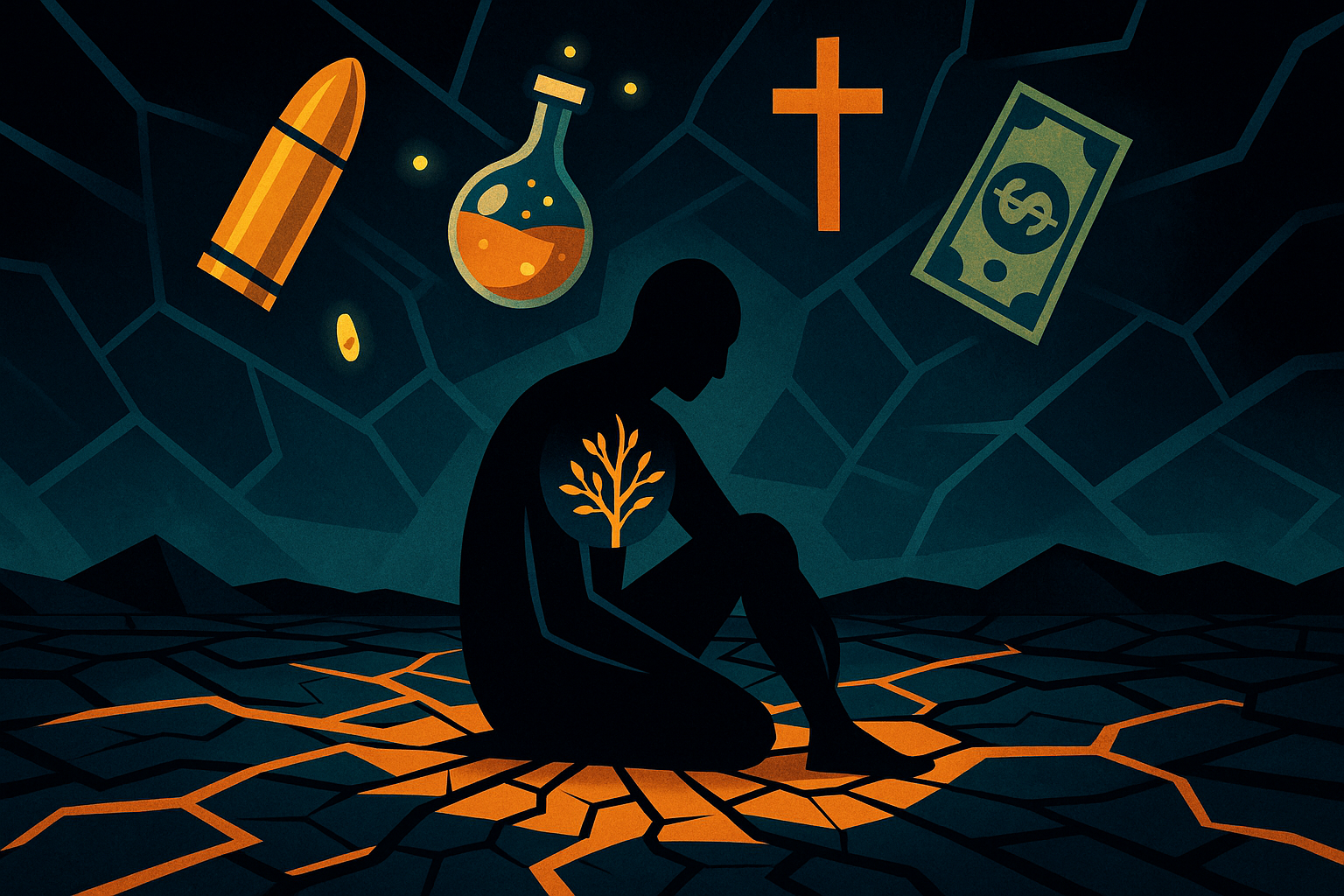- All
- Blog
- Holistic Healing
- Interviews
- Latest Content
- Relationships
- Stories
- Triggers
- Uncategorized
- Videos
All
- All
- Blog
- Holistic Healing
- Interviews
- Latest Content
- Relationships
- Stories
- Triggers
- Uncategorized
- Videos
Don’t Force It
Ken Wells
July 25, 2025
READ IT TO ME: Click play to listen to this post. “You just have to take a deep breath, relax, and let the game come ...
Read More →
Recovery is Messy
Ken Wells
July 22, 2025
READ IT TO ME: Click play to listen to this post. Stops and starts are common ground in recovery. For many, recovery includes so much ...
Read More →
Making It Through the Doors: What’s Your Story—Here’s Mine
Ken Wells
July 18, 2025
READ IT TO ME: Click play to listen to this post. “Whatever gets you through the doors is a start—after that, you can figure out ...
Read More →
No Magic Bullet
Ken Wells
July 15, 2025
READ IT TO ME: Click play to listen to this post. “People are always looking for the single magic bullet that will totally change everything. ...
Read More →
Unvarnished Heroes
Ken Wells
July 11, 2025
READ IT TO ME: Click play to listen to this post. “An anti-hero is someone who doesn’t fit neatly into the archetype of a traditional ...
Read More →
The Influence of Early Childhood on a Concept of God
Ken Wells
July 8, 2025
Step 2: “Came to believe that a Power greater than ourselves could restore us to sanity.” “If you live insane and bizarre long enough you ...
Read More →






